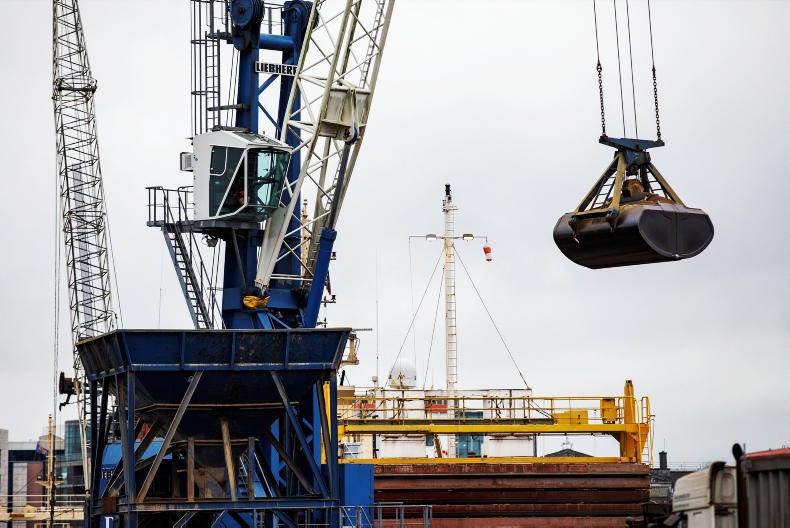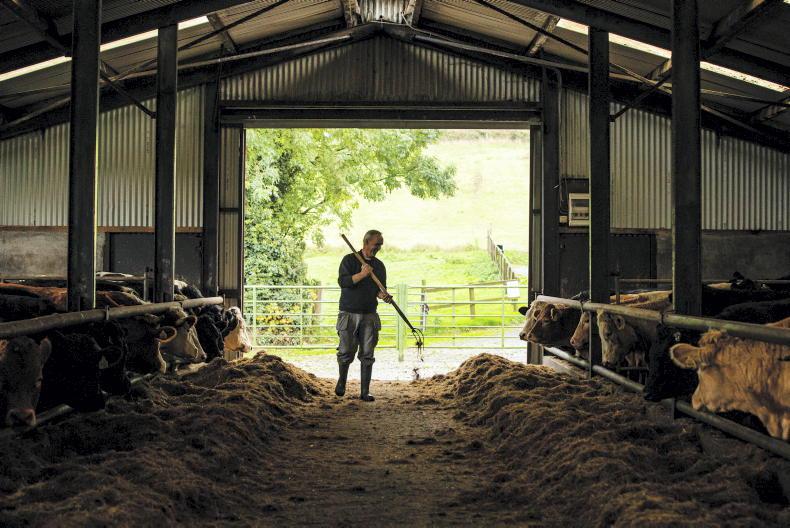At the National Farmers Union (NFU) conference this week, the organisation’s president, Minette Batters, pressed Defra Secretary Michael Gove on the issue of food standards after Brexit. Specifically, Batters wants a commission of food and farming experts set up to ensure that food imports meet the same high standards that UK farmers are expected to adhere to.
It is a reasonable request, and it would be nonsensical to expect farmers to meet an exacting standard while importing cheap food from elsewhere that effectively would be illegal to produce here. It is a point that Michael Gove seemed to agree with.
At the same time, we have seen pressure growing from trade bodies in north America that the UK must accept the likes of chlorine-washed chicken, genetically modified crops or hormone-treated beef as part of any future trade deal with the US.
In particular, the beef industry is exposed, as our beef price is nearly twice that of the offering from south America
If the plan put forward by the NFU president is taken up, it would probably stop those products making their way onto the British market.
But we also have to be realistic about the future, and standards alone will not stop UK farmers having to compete at home with lower-cost alternatives.
In particular, the beef industry is exposed, as our beef price is nearly twice that of the offering from south America. However, lamb from Australia, chicken from Thailand or milk powder from New Zealand could also weigh negatively on prices in other sectors.
The reality is that these countries already have a foothold in the UK market as their products are deemed to be meeting our standards already. Looking at non-EU beef importers into the UK in 2018, the list includes Brazil, Argentina, Uruguay, Botswana, Australia and New Zealand. So food standards will not stop these countries importing more to us in the future. The only thing that ultimately will protect farmers here is trade tariffs.
Without those tariffs, the industry is then reliant on a consumer preference to support local farmers, perhaps driven by environmental concerns around food miles. There is a premium to be had, but only to a certain level.
Read more
'No-deal Brexit could mean that there is no market for 4.5m lambs' – NFU president
Brexit has arrived in practice for Northern Ireland
At the National Farmers Union (NFU) conference this week, the organisation’s president, Minette Batters, pressed Defra Secretary Michael Gove on the issue of food standards after Brexit. Specifically, Batters wants a commission of food and farming experts set up to ensure that food imports meet the same high standards that UK farmers are expected to adhere to.
It is a reasonable request, and it would be nonsensical to expect farmers to meet an exacting standard while importing cheap food from elsewhere that effectively would be illegal to produce here. It is a point that Michael Gove seemed to agree with.
At the same time, we have seen pressure growing from trade bodies in north America that the UK must accept the likes of chlorine-washed chicken, genetically modified crops or hormone-treated beef as part of any future trade deal with the US.
In particular, the beef industry is exposed, as our beef price is nearly twice that of the offering from south America
If the plan put forward by the NFU president is taken up, it would probably stop those products making their way onto the British market.
But we also have to be realistic about the future, and standards alone will not stop UK farmers having to compete at home with lower-cost alternatives.
In particular, the beef industry is exposed, as our beef price is nearly twice that of the offering from south America. However, lamb from Australia, chicken from Thailand or milk powder from New Zealand could also weigh negatively on prices in other sectors.
The reality is that these countries already have a foothold in the UK market as their products are deemed to be meeting our standards already. Looking at non-EU beef importers into the UK in 2018, the list includes Brazil, Argentina, Uruguay, Botswana, Australia and New Zealand. So food standards will not stop these countries importing more to us in the future. The only thing that ultimately will protect farmers here is trade tariffs.
Without those tariffs, the industry is then reliant on a consumer preference to support local farmers, perhaps driven by environmental concerns around food miles. There is a premium to be had, but only to a certain level.
Read more
'No-deal Brexit could mean that there is no market for 4.5m lambs' – NFU president
Brexit has arrived in practice for Northern Ireland









SHARING OPTIONS